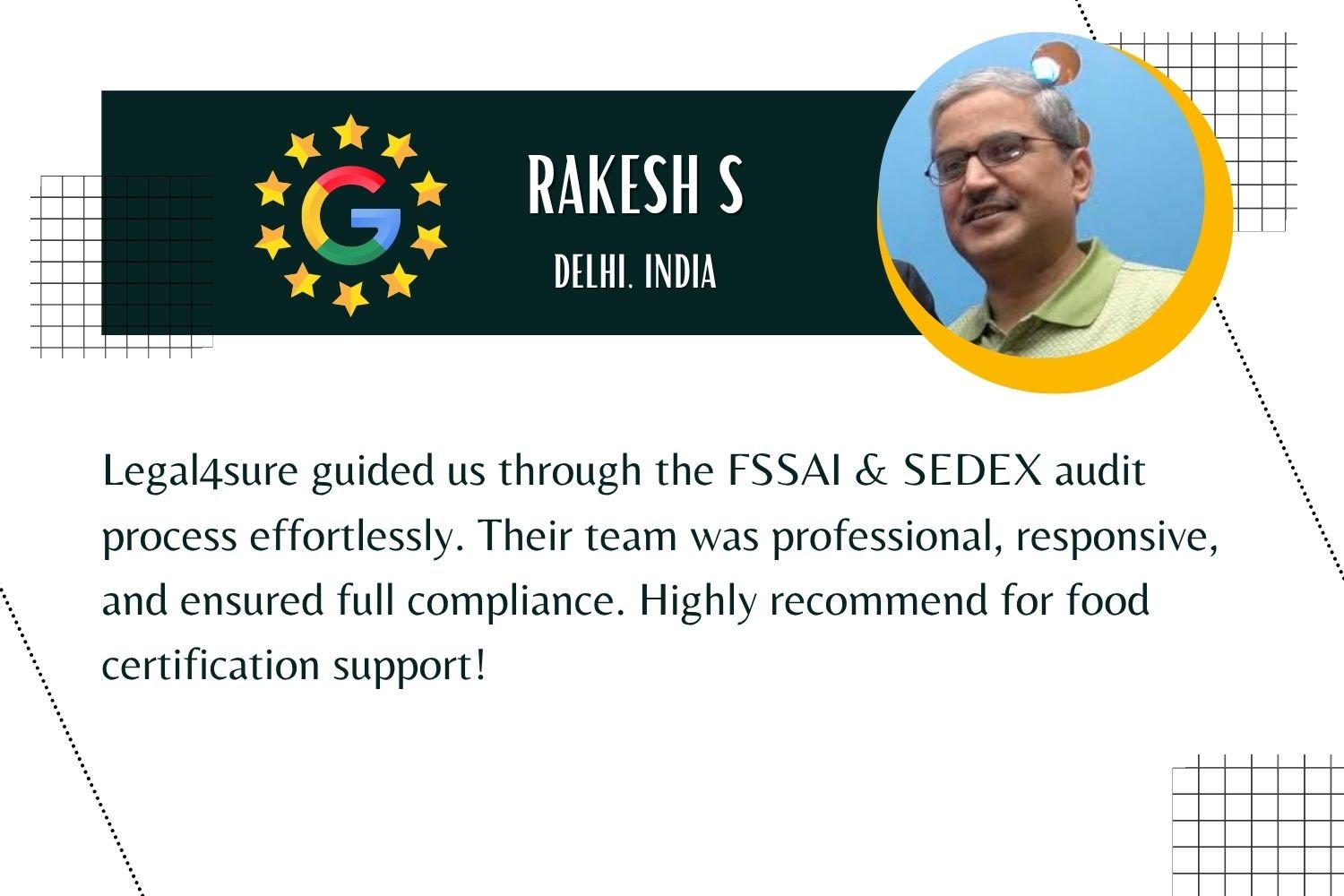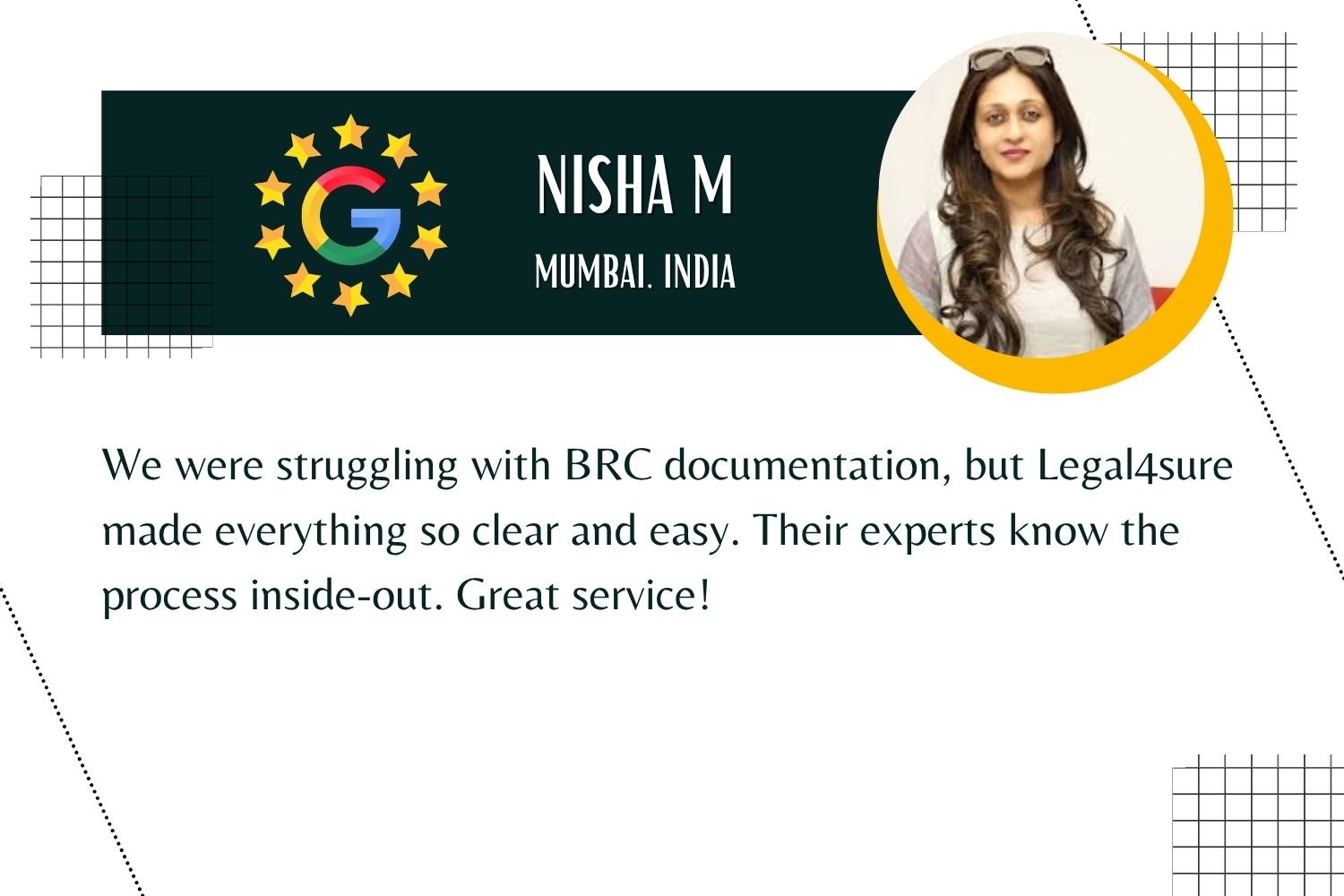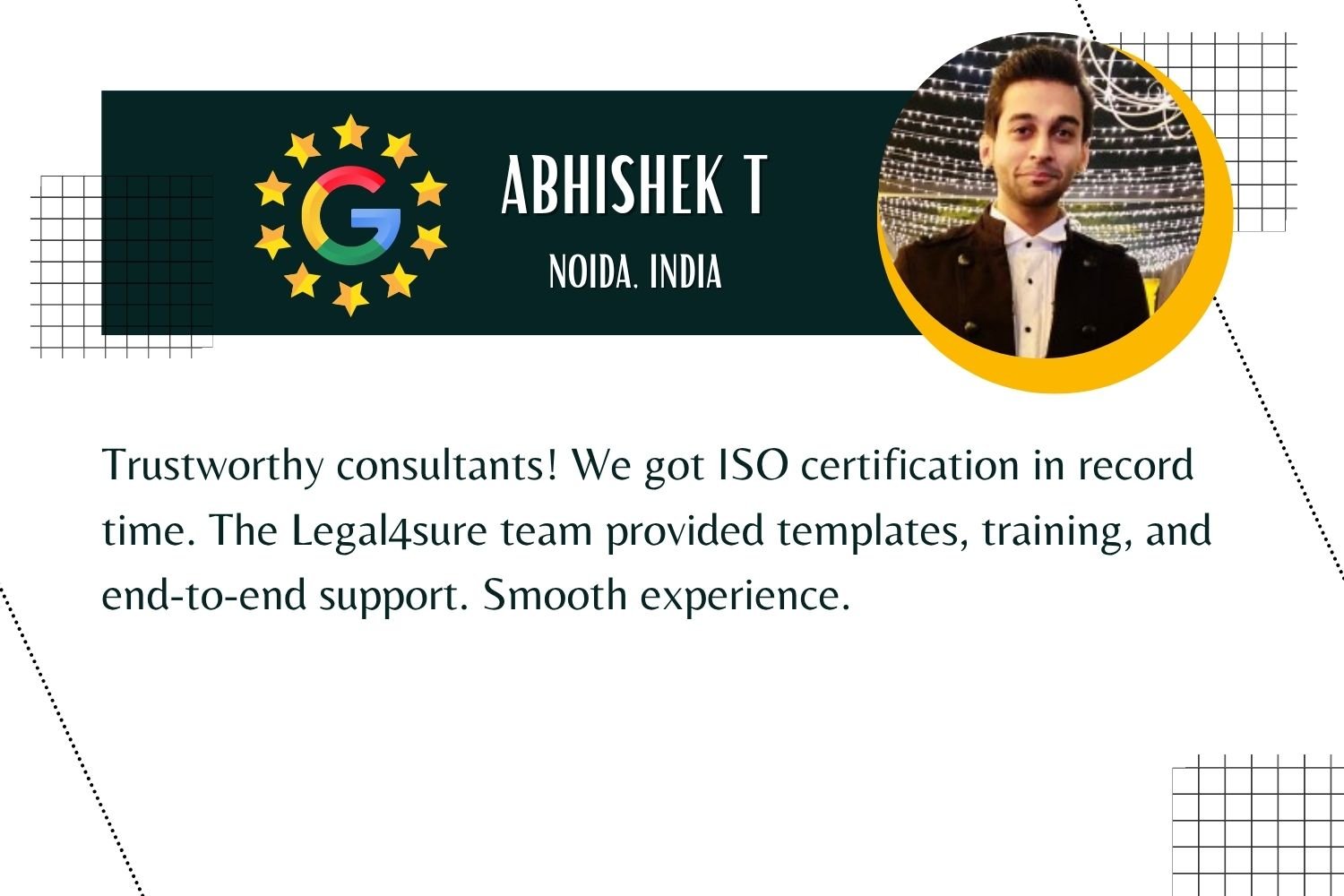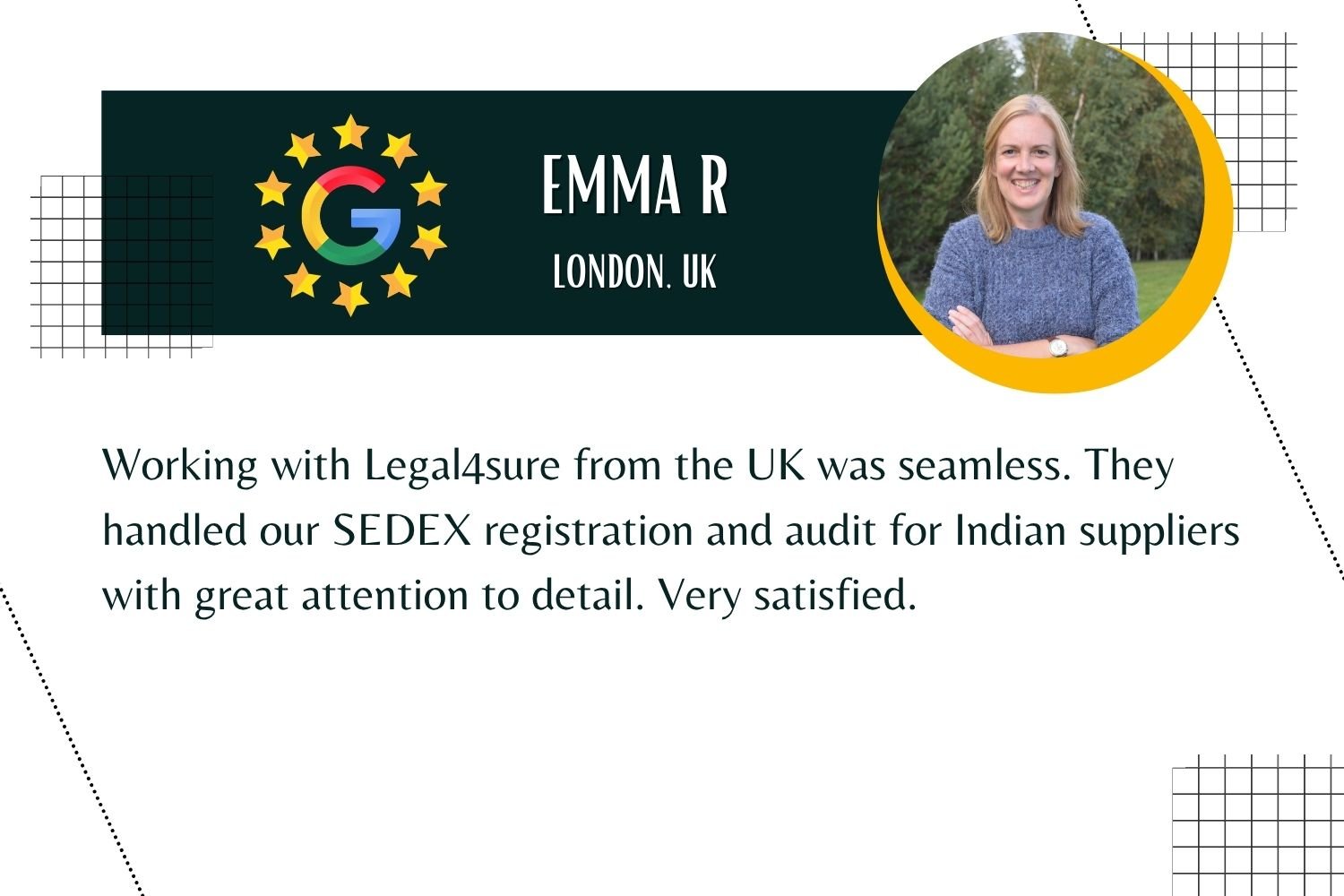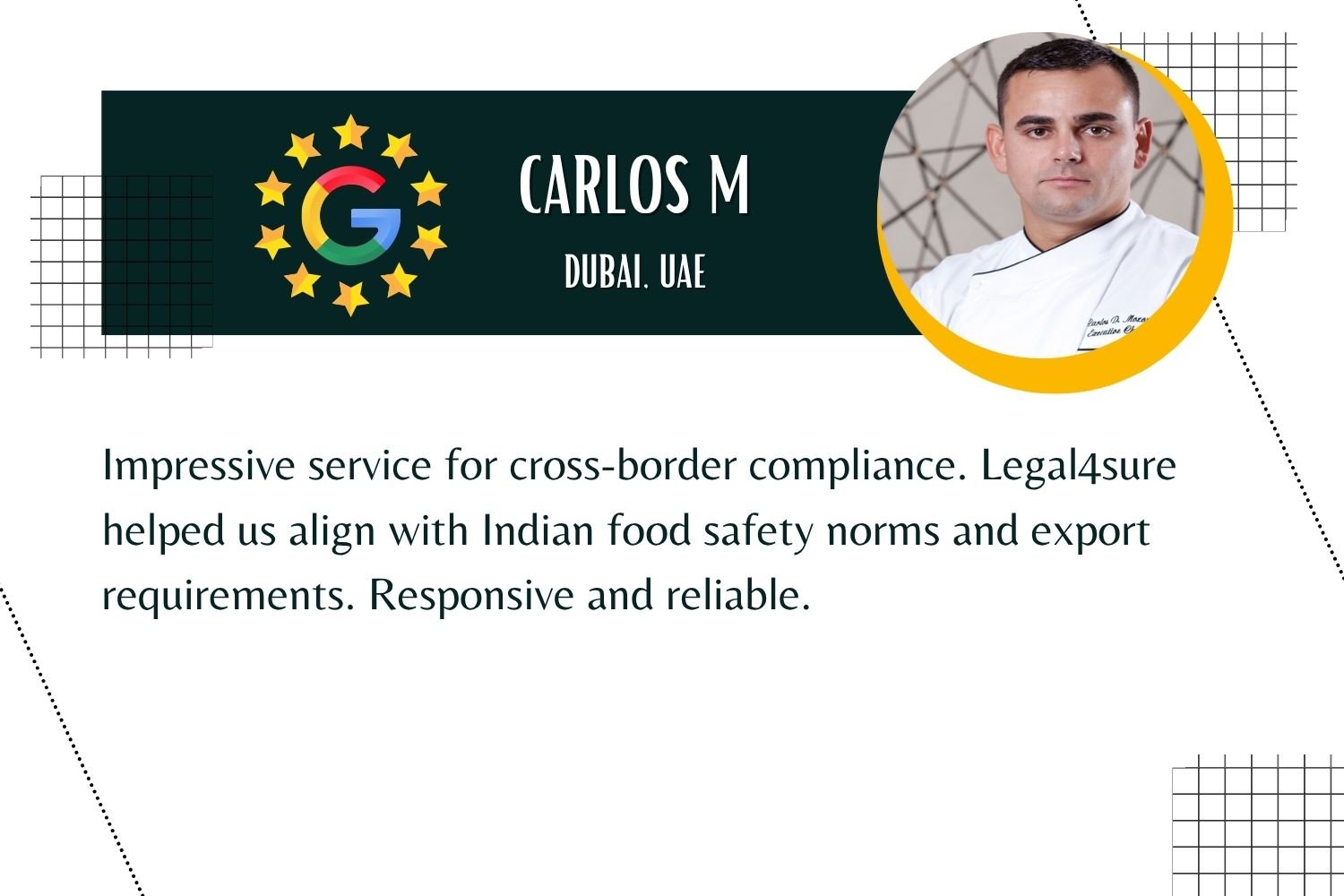Breaking into international markets is a dream for many Indian food companies, but it presents its own set of difficulties. One of the most significant elements is adherence to world food safety standards. FSSC 22000 for export-focused food brands that are mostly engaged in exporting. FSSC 22000 not only satisfies regulatory standards but also builds consumer confidence, opens up new markets, and ensures your brand follows the greatest food safety standards. Learn how to grow by applying deliberate conformance to standards and get ready for export.
Why Food Exporters Need FSSC 22000
Modern international customers are no longer content with fundamental hygiene claims or regular audit reports, no matter their location—the EU, the US, the Gulf States, or the Asia-Pacific. They want confirmation that the food they are importing is safe, traceable, and produced under a permitted Food Safety Management System (FSMS).
Indian food brand producers trying to profit from the competitive advantage FSSC 22000 offers for food products meant for exports acknowledge FSSC 22000 by the Global Food Safety Initiative (GFSI) as meeting international consumer expectations. It promises importers that your production methods, documentation, traceability, and precautionary steps meet worldwide standards.
This implies the following for exporters:
- Better access to higher-quality markets
- Quicker clearing of shipments
- Reduced product rejections at ports
- more trust in buyers and more extended contracts
To summarise, food safety certification for exporters is no longer optional; it is a facilitator of international trade.
Understanding the Certification Process in India
The FSSC 22000 for export-focused food Brands that focus on exports in India often includes six steps. You may reduce errors, prevent delays, and align your certification activities with your export schedule if you know every step.
1. Gap analysis
The initial step is to compare your present procedures to the standards set by FSSC 22000 Version 6. In addition to ISO 22000 and associated PRPs (ISO/TS 22002-x), this encompasses additional requirements about food safety culture, food fraud, food defense, and allergen management.
2. Creating Documentation
Make important documents, like:
- Hazard analysis and risk management techniques
- Techniques for carrying out PRP
- Maintaining records
- Product recall plan and traceability
- Internal auditing programs
It’s important to establish a strong FSMS that can be sustained and improved over time.
3. Employee Training
Employees must comprehend their role in ensuring food safety. Training teaches everyone, from QA managers to machine operators, how to adhere to protocols, react to events, and support a robust food safety culture.
4. Internal Audit and Corrective Measures
To find any gaps, do a comprehensive internal audit before the external audit. Identify and address discrepancies with documented corrective measures. This demonstrates readiness and reduces audit surprises.
5. Audit for certification (Stages 1 and 2)
The certification organisation performs a two-step audit:
Stage 1: Documents and readiness are reviewed.
Stage 2: An on-site inspection to assess the efficiency and implementation of the plan.
With yearly monitoring audits, the certificate is granted if the application is approved, and it is good for three years.
6. Ongoing Enhancement
It’s critical to keep getting better after receiving certification. Prepare for future recertification, conduct regular employee training, and stay informed about regulatory developments.
HACCP vs FSSC 22000 for export
“Isn’t HACCP enough?” is a typical question asked by businesses.
Although crucial, HACCP is restricted to identifying hazards and regulating critical control points during manufacturing. Compared to FSSC 22000 for Export-Focused Food Brands, it is less well-known worldwide and lacks a thorough framework.
| Feature | HACCP | FSSC 22000 |
| Scope | Process level only | Full FSMS (including HACCP) |
| International recognition | Limited | GFSI recognised globally |
| Documentation | Basic | Comprehensive |
| Culture and governance | Not required | Mandatory under version 6 |
| Audit structure | Informal and local | Accredited third-party audits |
When it comes to exporting in markets where trust and traceability are essential, comparing HACCP to FSSC 22000 for export-focused Food Brands is unfair. FSSC comes out on top by a large margin.
Steps to Export Certified Food Products
Businesses must make sure they are also in compliance with the logistical and regulatory aspects of exporting after they have been certified. These are the necessary steps to export licensed food products:
- Sign up with Indian authorities: Make sure to register with the FSSAI as well as organizations that specialize in exports, such as APEDA or MPEDA. Verify that your license identifies export as the kind of business.
- Label according to destination: Observe national labelling regulations (nutrition labels, allergen disclosures, languages, etc.).
- Third-Party Laboratory Testing: Perform residue and contaminant testing by the standards of the importing nation (EU, FDA, etc.).
- Documentation for Traceability: Keep track of traceability by batch and maintain the Certificate of Analysis (CoA), Bill of Lading, temperature records, and QA reports.
- Use of Certification Logos: Learn when and where the FSSC 22000 logo may be used (typically on promotional material, not food packaging).
Following these steps helps ensure your food products reach international buyers smoothly, without delays or disruptions.
Maintaining Audit Readiness Year-Round
Passing the first audit is not the conclusion; your brand must remain in compliance. This is where audit readiness for exporting under FSSC 22000 becomes a routine aspect of your business.
Top Strategies for Maintaining Audit Preparedness:
- Perform internal audits every three months
- Conduct mock recalls and traceability tests.
- Conduct food fraud and food defence simulations.
- Keep records current and easily accessible.
- Keep a daily check on PRPs, CCPs, and OPRPs.
Being constantly prepared not only prepares you for monitoring but also protects your brand in actual situations, such as customer complaints or product recalls.
Fast-Track FSSC 22000 for Export Growth
Businesses sometimes need to act quickly, particularly when there’s a major export potential available. Accelerating FSSC 22000 for food companies with an export focus means reducing timelines without compromising quality.
How can you fast-track certification?
- Work with knowledgeable consultants who have a thorough understanding of FSSC 22000 Version 6.
- Utilise already existing templates and documentation formats.
- To save time, outsource the training of internal auditors.
- Schedule audits during production downtimes
- Use digital methods for monitoring and reporting.
It’s possible to get certified in 60–90 days with careful preparation and professional advice.
Benefits Beyond Certification
The FSSC 22000, which is aimed at food companies that are primarily focused on exports, is not merely a license but rather a means of expansion. You will benefit in the following ways:
- Market Access: particularly to areas that require GFSI-recognised programs
- Buyer Confidence: For long-term connections, buyers choose authorised providers.
- Risk Reduction: Improved management of risks related to recalls, food fraud, and hazards
- Operational Efficiency: A well-organised FSMS enhances resource planning and documentation.
- Regulatory Compliance: Supports adherence to changing international food legislation
Having a well-known food safety standard may even give you bargaining leverage over price, quantity, and delivery terms as global supply chains become more complicated.
Read More: Book Your FSSC 22000 Audit Slot – Fast Track In 30 Days
How FSSC 22000 Drives Global Trust in Food Exports
The priority of food exports is no longer solely on quality and price; it is now on regulatory adherence and safety. FSSC 22000 for export-focused food brands offers a calculated basis for growth in international markets as a result of tighter international legislation and increased consumer knowledge.
Begin with a solid strategy. Determine whether you are prepared. Teach your crew. Connect with knowledgeable professionals in the certification field. Keep in mind that this is a change in company culture that will result in increased trustworthiness, agreements, and long-term expansion, not a one-off project.
With the right systems in place, your food brand will succeed in global markets rather than merely exist in them.
Make Your Brand Export-Ready with Zero Guesswork
Legal4sure helps you achieve FSSC 22000 certification with ease. Our experts handle compliance, audits, and documentation so your brand is trusted worldwide. Start your export journey with confidence today.
Frequently Asked Questions
1. Why is FSSC 22000 important for exporters?
It ensures global buyers that your food safety system meets international standards (GFSI-recognized).
2. Is FSSC 22000 mandatory for exports?
Not legally, but many international buyers and retailers require it.
3. How does it help with international regulations?
It aligns with multiple countries’ food safety laws, making compliance easier.
4. Does FSSC 22000 cover labeling for export?
Yes. It ensures accurate labeling of allergens, nutrition, and country-specific requirements.
5. How long does certification take?
Typically 3–9 months, depending on company readiness and complexity.
6. Can it reduce multiple buyer audits?
Yes. Many importers accept FSSC 22000, avoiding duplicate audits.
7. What documents are essential for export audits?
FSMS manuals, HACCP/risk assessments, traceability records, labeling compliance, supplier controls, training, and management review records.
8. How does it help with recalls or food safety incidents?
It requires mock recalls and traceability tests, helping quickly identify affected batches and minimize risks for exports.
Let’s build your export roadmap. start with Legal4sure today.









